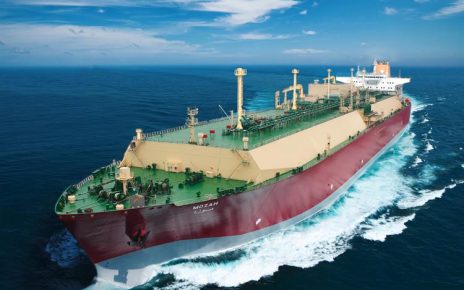Protecting Precious Cargo: The Importance of Shipping Insurance for High Value Goods. In the world of international trade, the movement of goods across vast oceans and through complex supply chains is a common occurrence. These goods often include high-value cargo, such as luxury automobiles, electronics, pharmaceuticals, and priceless works of art. Ensuring the safety and security of such precious cargo during transit is paramount. This is where shipping insurance for high-value cargo comes into play, providing peace of mind to both shippers and recipients.
The Vulnerabilities of High-Value Cargo
High-value cargo faces a range of risks during transportation, making it imperative to have comprehensive insurance coverage in place. These risks include:
1. Piracy and Theft: Valuable cargo can be an attractive target for criminals, especially in regions where piracy remains a concern. Theft can also occur at ports, warehouses, or during transportation.
2. Damage and Mishandling: Accidents, rough weather, or mishandling during loading and unloading can result in damage to high-value goods, leading to significant financial losses.
3. Natural Disasters: Cargo vessels are exposed to the elements, including storms, hurricanes, and tsunamis. These natural disasters can cause severe damage or loss of cargo.
4. Container Loss: Containers occasionally fall overboard during rough seas, resulting in the loss of both the container and its contents.
5. Customs and Regulatory Issues: Delays or disputes at customs can lead to increased costs, storage fees, and other unforeseen expenses.
The Role of Shipping Insurance High Value Cargo
Shipping insurance for high-value cargo is designed to protect against these risks, providing financial compensation in the event of loss, damage, or theft. Here’s why it’s crucial:
1. Risk Mitigation: Insurance mitigates the financial risk associated with high-value cargo. Shippers and recipients can rest assured that their investments are protected.
2. Legal Requirement: In many cases, shipping insurance is a legal requirement. Certain countries and trade agreements mandate insurance coverage to protect the interests of all parties involved.
3. Peace of Mind: Knowing that your high-value cargo is insured provides peace of mind. It allows you to focus on your core business operations rather than worrying about potential losses.
Types of Shipping Insurance
Several types of insurance are available for high-value cargo, including:
1. Marine Cargo Insurance: This type of insurance covers goods while they are in transit by sea. It can be tailored to specific needs, including coverage for damage, loss, theft, or contamination.
2. Inland Marine Insurance: This extends coverage to cargo transported within a country, including by road or rail, before or after the sea journey.
3. All-Risk Coverage: This comprehensive coverage option protects against nearly all perils, excluding only specific exclusions mentioned in the policy.
4. Named Perils Coverage: This covers specific risks or perils explicitly mentioned in the policy. It’s a more limited form of coverage but may be more affordable.
Choosing the Shipping Right Insurance
Selecting the right insurance for high-value cargo is essential. Factors to consider include:
1. Cargo Value: Determine the value of your cargo to ensure you have adequate coverage. Underinsuring high-value goods can lead to significant financial losses in the event of a claim.
2. Type of Cargo: Different types of cargo may require specialized insurance coverage. For example, artwork may need specialized coverage due to its unique value and sensitivity.
3. Transport Route: Consider the route your cargo will take and assess the risks associated with that route. Some regions may have higher piracy or theft risks than others.
4. Insurance Provider: Choose a reputable insurance provider with experience in insuring high-value cargo. Review their policy terms, conditions, and claim procedures carefully.
Conclusion
Shipping high-value cargo is a complex and high-stakes endeavor. Protecting these valuable assets with the right insurance coverage is not just a wise business decision but a necessary one. It provides security, peace of mind, and financial protection in an unpredictable world of international trade. By understanding the risks and investing in comprehensive shipping insurance, shippers and recipients can ensure that their precious cargo arrives safely at its destination, regardless of the challenges it may encounter along the way.



